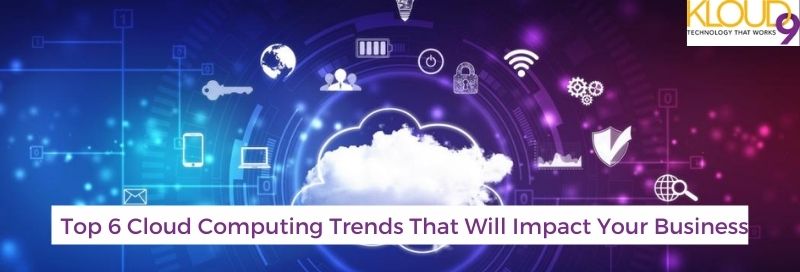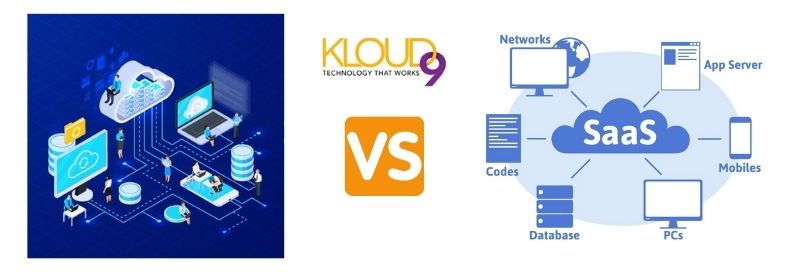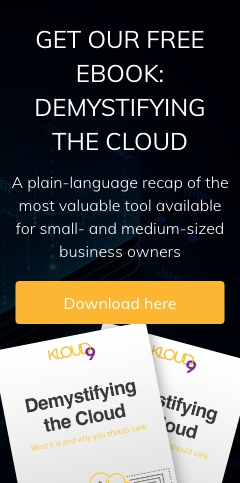There are several ways to ensure business continuity, and storing your company’s data in the cloud is undoubtedly one of the best. In this post, we’ll discuss the advantages of cloud storage over other backup media and why your company should invest in it.
Ensuring business continuity with cloud technology
Top 6 Cloud Computing Trends That Will Impact Your Business
The advantages of a hybrid cloud setup

Each of the original types of cloud infrastructure — public and private — comes with their own sets of pros and cons. Fortunately for resource-strapped small- and medium-sized businesses (SMBs), they don’t need to conduct trial and error to see which one is best for them — they can simply reach a happy medium with the hybrid cloud.
Virtualization Vs Cloud Computing
12 Benefits Of Cloud Computing

Business owners who want to stand out must have an in-depth understanding of cloud computing services, as it is important in today's business. Cloud computing has been longstanding for about 20 years, and it includes data being directed to the cost-benefits, competitive benefits, and business advantages.
7 Cloud Computing Trends That Will Impact Your Organization in 2022

Not many technologies in the business world have had an impact as much as cloud computing. Costs related to purchases are reduced when an organization relies on the service of a cloud computing provider. Additionally, organizations of different sizes have the advantage of scalability and flexibility.
Cloud Computing vs. SaaS: Essential Part Of Digital Transformation
Give your SMB more flexibility with a hybrid cloud
Why you need the cloud in the middle of COVID-19

With the COVID-19 lockdowns forcing most economic sectors to slow down, cloud technology can help your business survive and remain competitive. More specifically, you can cut costs and increase operational efficiency using the cloud.
Ensuring continuity and efficiency with the cloud
The need to stay at home and practice social distancing have changed the way many businesses operate.
COVID-19 and the cloud: Staying connected while apart

The term “viral” has taken its original meaning, thanks to the novel coronavirus infecting millions and killing thousands of people all over the world. As it rages on, we can see how cloud computing is helping us push through these trying times.
Cloud computing helps buoy economies
For many people, being forced to stay at home means being unable to earn money or spend money on in-person services and activities that form dense congregations, such as watching movies or attending concerts.





